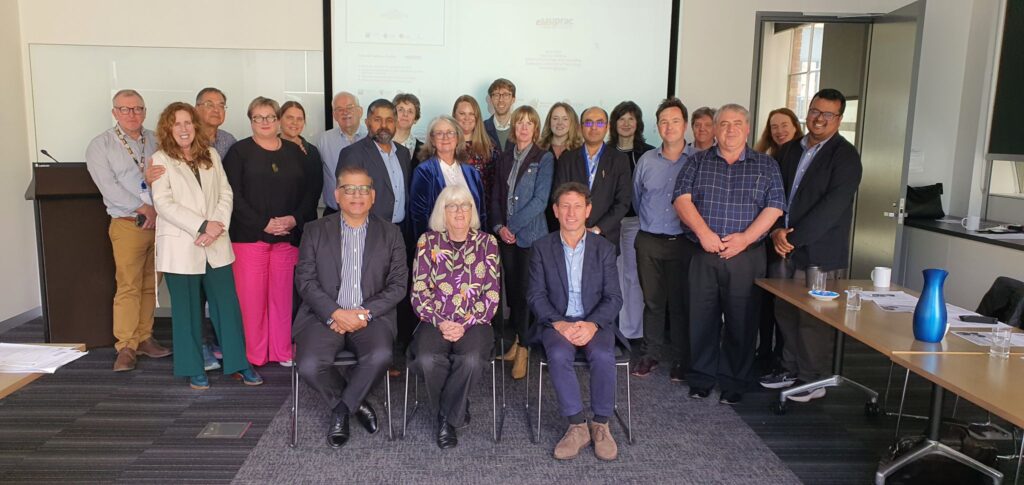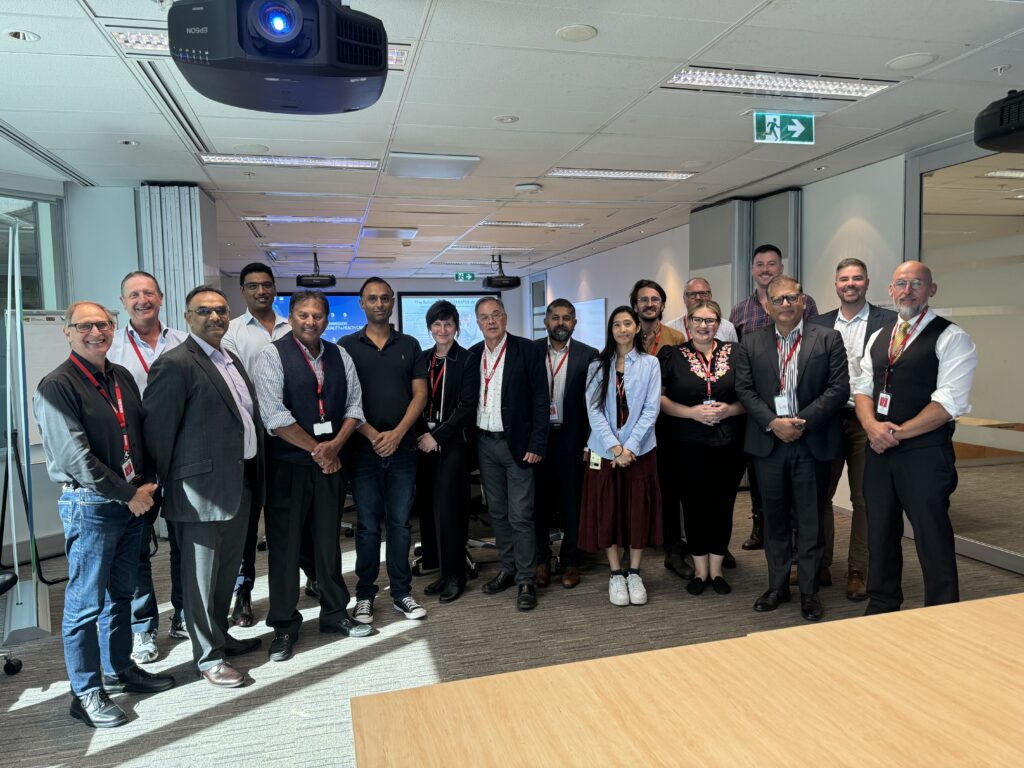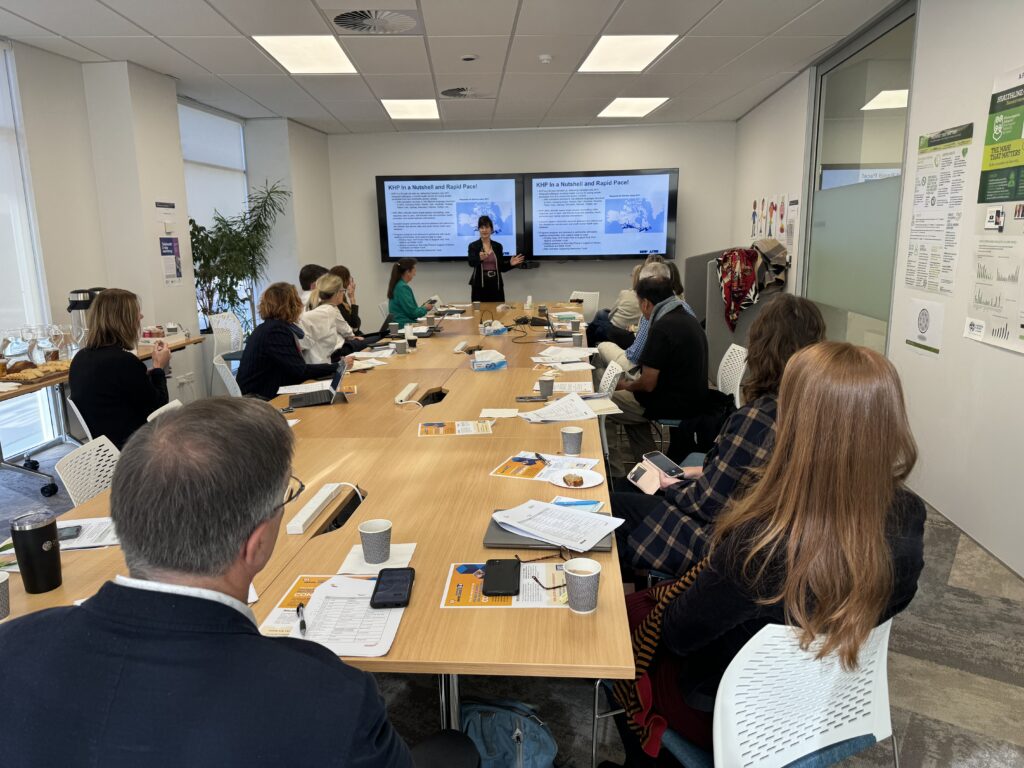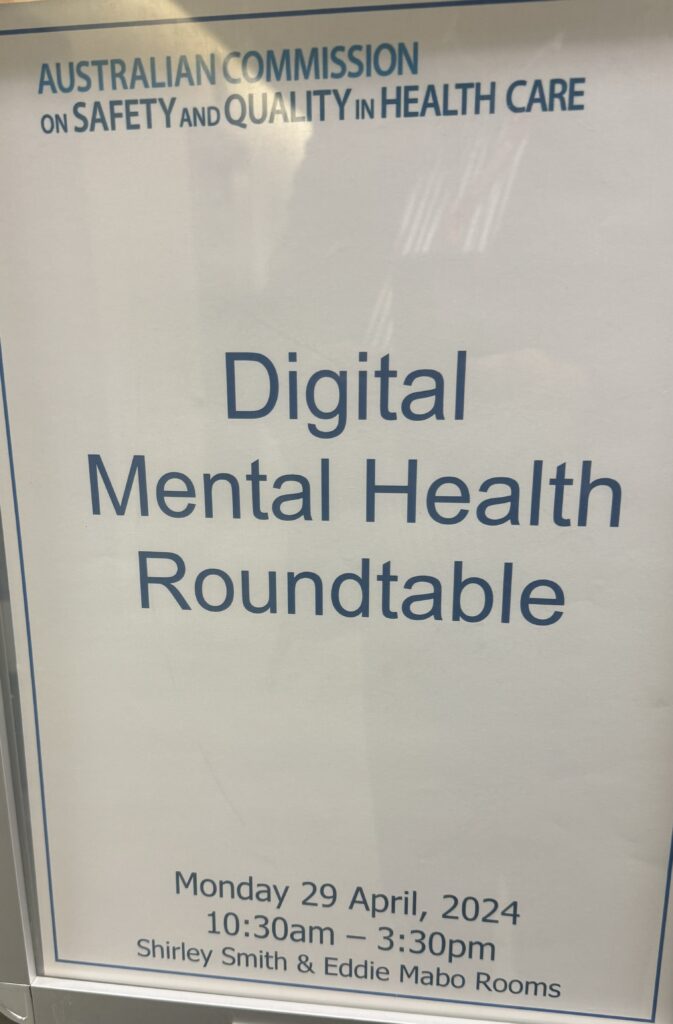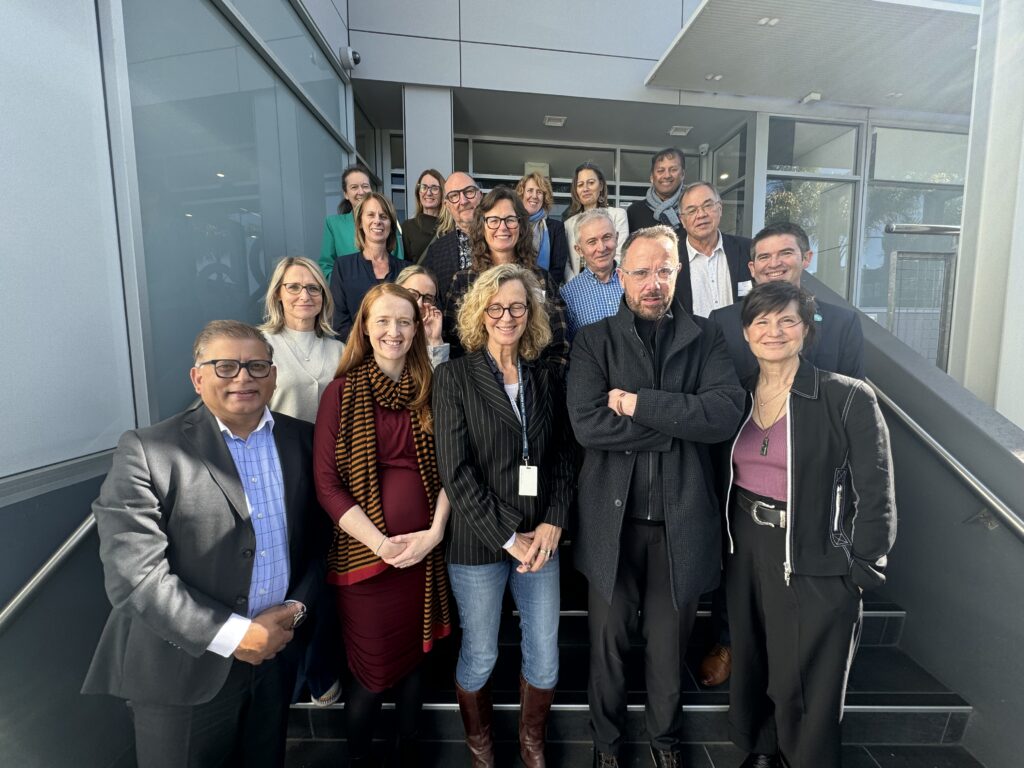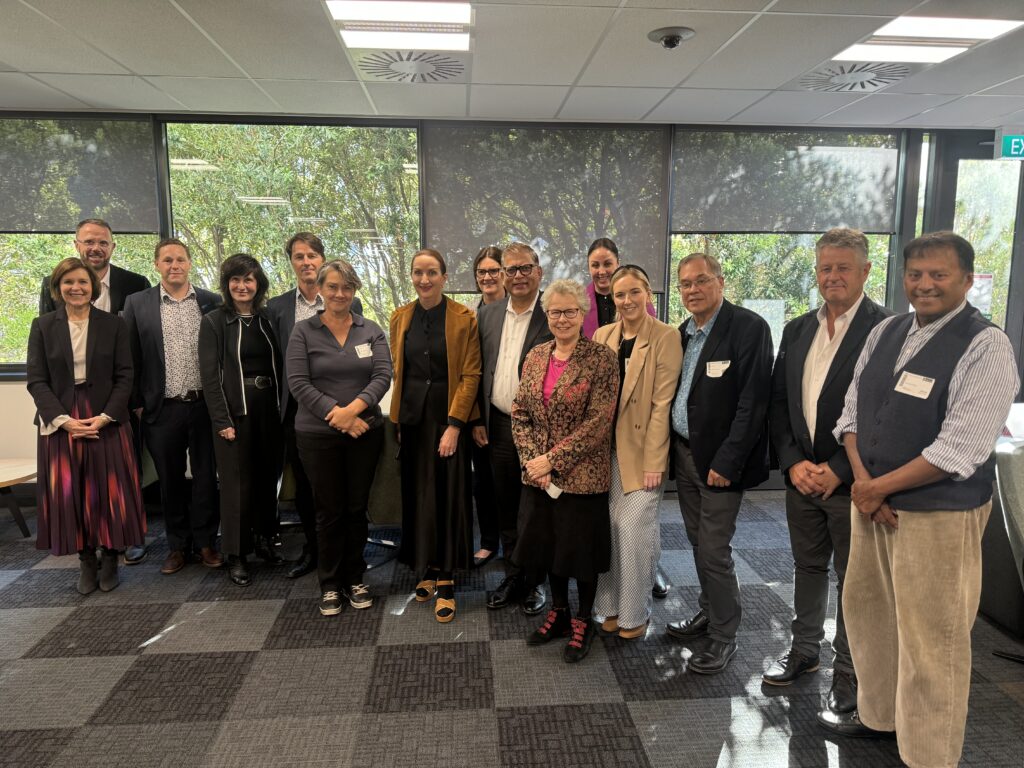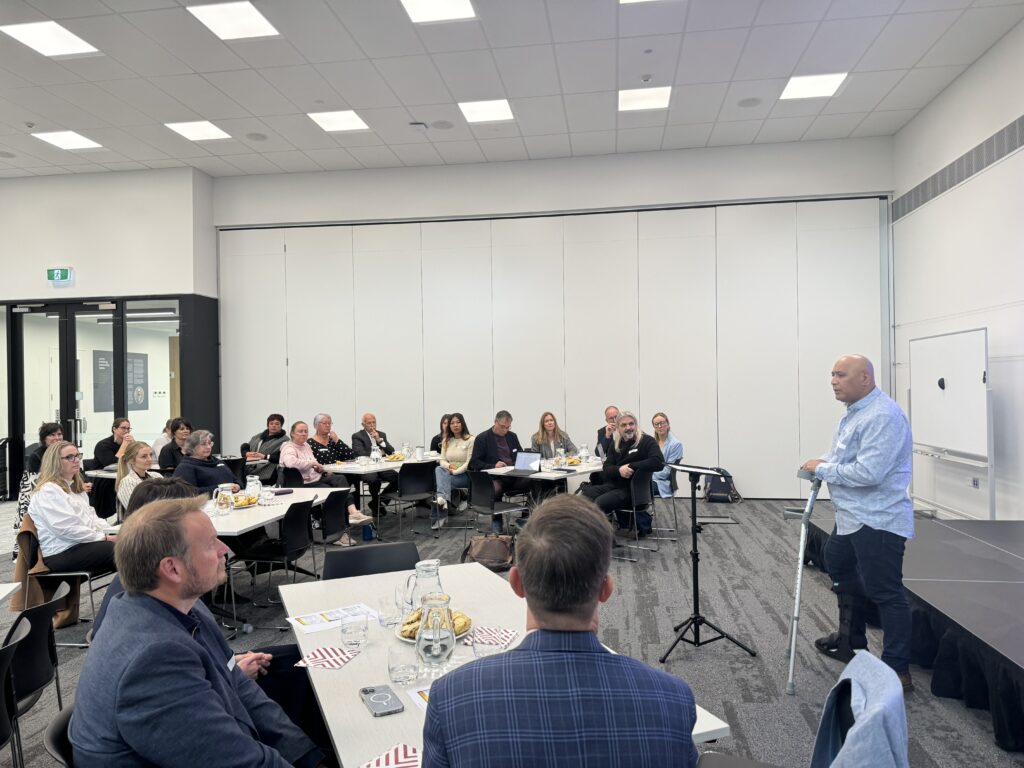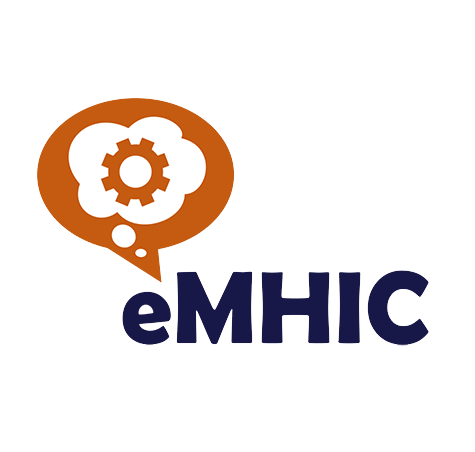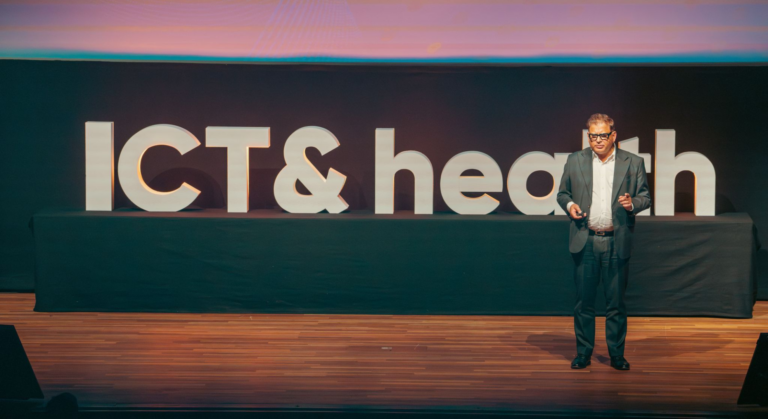eMental Health International Collaborative (eMHIC)’s recent Roundtables in Australia and New Zealand were a resounding success. As an integral part of its broader global strategic programme of work to engage local champions and leaders, eMHIC, in collaboration with local and national government entities, recently led six roundtable events in April-May 2024 across Australia and New Zealand. These events gathered local and international experts to explore Digital Mental Health Strategy & Implementation and the role of AI in Mental Health. The roundtables touched on international best practices in designing, developing, and implementing digital mental health strategies, integrating them into broader ecosystems of mental health and psychosocial supports, and ensuring that individuals with lived experience of mental ill health remained central to the discussions.
Aside from local invitees, the events were also joined by international experts – renowned Canadian Professor Andrew Greenshaw, and digital mental health champion Katherine Hay, CEO of Kids Help Phone, Canada’s most trusted charity in 2023. Australian co-hosts and key partners included the Australian Government Department of Health and Aged Care, the National Mental Health Commission of Australia, the Mental Health Commission of South Australia, the Mental Health and Wellbeing Division (Melbourne, Victoria), and the Australian Commission on Safety and Quality in Health Care. New Zealand’s impressive list of co-hosts and partners featured the New Zealand Ministry of Health, Health New Zealand, the Mental Health and Wellbeing Commission, the Hokonui Locality, Gore Health, Whakarongorau, Ember Innovation, and Healthify.
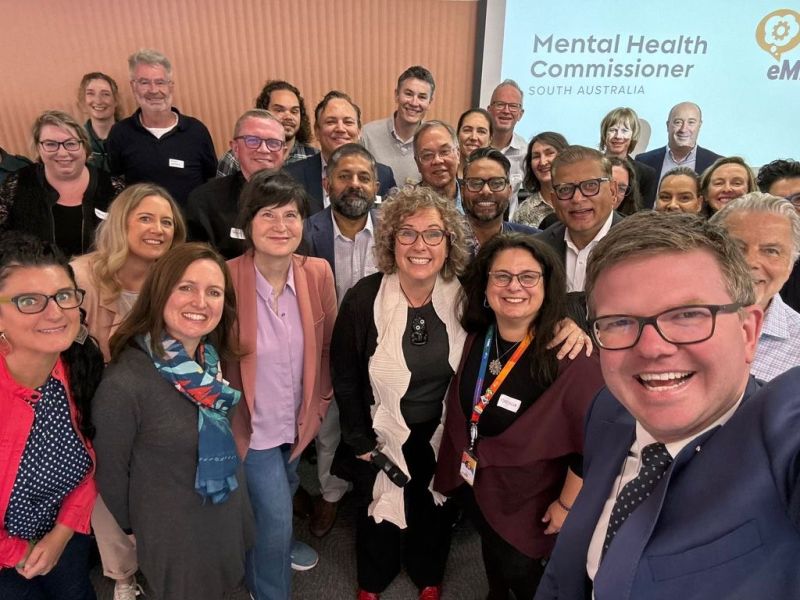
The invited Roundtable delegates included experts in digital mental health from various domains, such as strategy and policy, individuals with lived experience, academia, mental health clinicians, and industry. The events also included stakeholders from rural and remote populations, particularly in Gore, New Zealand.
Notable reflections from delegates included the acknowledgment that “government alone cannot meet the total demand that exists out there,” emphasising the need for “community-based responses” and “blended care,” and highlighting the necessity of “ethics and clinical safety guard rails.” It was recognised that current systems, even when fully optimised, are far from meeting the actual mental health demand. However, there was optimism about the growing acceptance of digital mental health as a complementary adjunct alongside traditional mental health support services or as standalone intervention options in certain situations, such as in remote and rural areas.
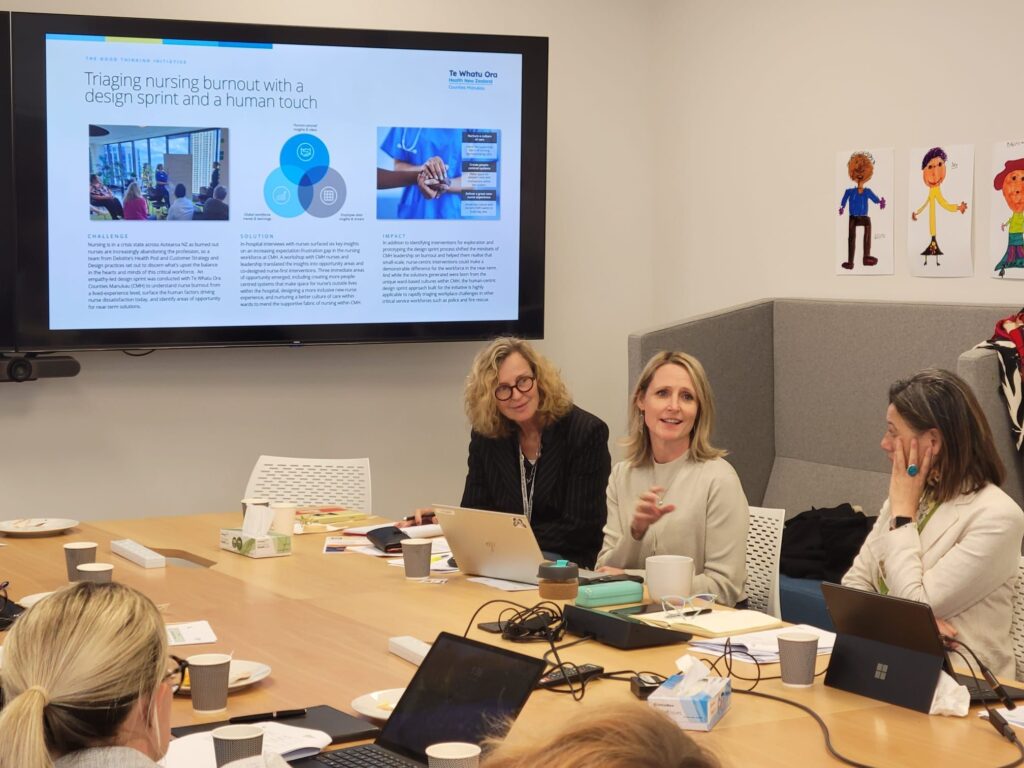
Access to traditional mental health services faces numerous challenges, including capacity constraints, workforce burnout, entrenched stigma, low mental health literacy, and geographical barriers experienced by remote and rural populations. Delegates affirmed their view that digital mental health is vital in addressing these challenges. The collective message from the Roundtables was a call to collaborate to improve timely access to information, care, support, and treatment in mental health, using digital technologies as an integral part of blended care.
